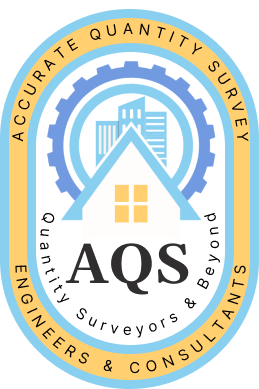Quantity Surveying & Cost Management
Quantity surveying and cost management are closely related disciplines in the construction industry that focus on managing and controlling project costs. Let's explore each of these areas:Quantity Surveying
Quantity surveyors, also known as cost estimators or QS professionals, play a crucial role in ensuring that projects are
delivered within budget and meet cost expectations. Responsibilities of quantity surveyors include:

Quantity surveyors use their expertise to quantify the materials, labor, and equipment required for the project and calculate the associated costs

Quantity surveyors assist in the tendering process, evaluating bids, and recommending the selection of contractors and suppliers based on cost and qualifications

They create detailed BOQs, which are comprehensive lists of all materials, components, and work items required for construction

Throughout the project, quantity surveyors monitor costs, assess variations and change orders, and ensure that expenditures are within the approved budget

Quantity surveyors develop cost plans and budgets for the project, considering factors like design complexity, project size, and material specifications

They assess the value of work done, prepare valuations for payment, and compile final accounts at the end of the project
Cost Management
It involves planning, estimating, budgeting, monitoring, and controlling costs throughout the project lifecycle.
Key aspects of cost management in construction projects include:

Accurate cost estimation is essential to establish realistic project budgets and financial plans.

Implementing strategies to manage costs, avoid unnecessary expenses, and make adjustments to keep the project within budget.

Developing a detailed budget that allocates resources to different aspects of the project and sets expenditure limits

Identifying cost-saving opportunities and alternative solutions without compromising the project's quality or functionality

Managing changes to the project scope or specifications and assessing their impact on costs

Regularly tracking and reporting project costs, comparing actual expenditures against the budget, and identifying variations or potential cost overruns

Identifying potential cost-related risks and developing mitigation plans to address them
Overall, quantity surveying and cost management are essential components of effective project management in the construction industry. By accurately estimating costs, developing comprehensive budgets, monitoring expenditures, and implementing cost-saving strategies, quantity surveyors and cost management professionals help ensure that construction projects are financially viable, completed within budget, and achieve the desired value for the client.


